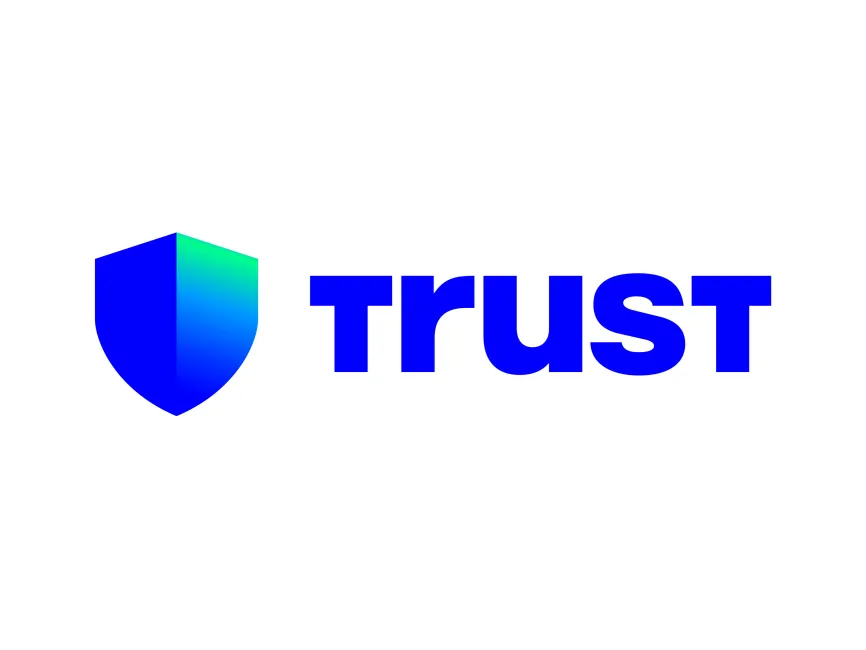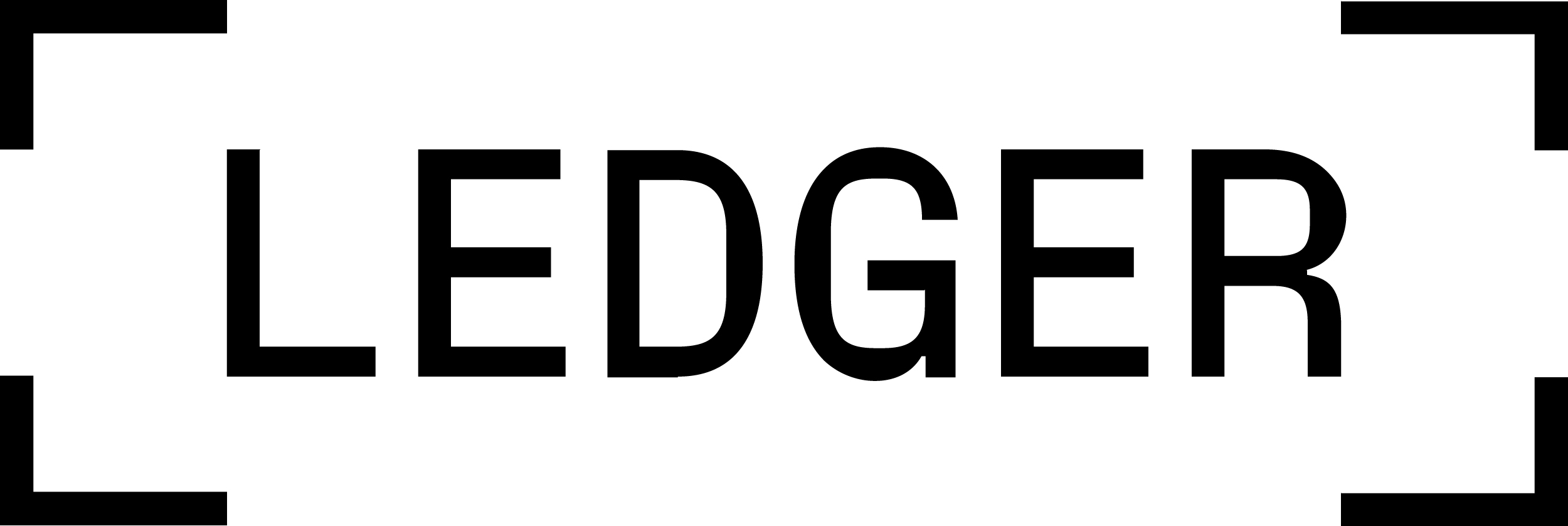
Exodus
Exodus is a secure software wallet for managing, exchanging, and storing blockchain assets.
Overview
Exodus is a multi-asset software wallet designed for securely managing, exchanging, and storing a wide range of blockchain assets. It targets developers, financial institutions, and individual users who require a user-friendly yet secure interface to interact with decentralized finance (DeFi) protocols, tokenized assets, and NFTs. The wallet supports desktop and mobile platforms, providing seamless asset management with integrated exchange features that eliminate the need for external services.
The wallet's primary features include secure private key management, built-in portfolio tracking, and one-click asset exchange powered by integrated liquidity providers. Exodus supports a broad spectrum of cryptocurrencies and tokens, enabling users to manage diverse portfolios within a single interface. Its design emphasizes ease of use without compromising security, making it suitable for both newcomers and experienced blockchain users.
What sets Exodus apart is its combination of a polished user experience with robust security practices, including local key storage and encrypted backups. Unlike many wallets that require third-party extensions or complex setups, Exodus offers an all-in-one solution with native exchange capabilities and extensive asset support. With over one million users globally, Exodus is widely adopted and trusted, featuring integrations with major blockchains and DeFi protocols. Developers can leverage Exodus's open-source repositories to build custom integrations or extend wallet functionality. Comprehensive support and documentation are available to help users get started quickly.
The Problem
Managing multiple blockchain assets securely and efficiently can be complex, especially when users need to exchange tokens across different networks without relying on multiple platforms. Many wallets lack integrated exchange features or user-friendly interfaces, creating friction for asset management.
The Solution
Key Features
Multi-Platform Support
Available on desktop and mobile devices for seamless cross-device access.
Portfolio Tracking
Real-time portfolio overview with detailed asset performance metrics.
Open-Source Components
Public repositories enable developers to audit and extend wallet capabilities.
Key Strengths
How Developers Use Exodus
Personal Crypto Asset Management
Individuals use Exodus to securely store and exchange a variety of cryptocurrencies and tokens on desktop and mobile.
DeFi Portfolio Monitoring
DeFi developers and users track their token holdings and swap assets directly within the wallet interface.
Enterprise Token Custody
Financial institutions leverage Exodus for secure custody and management of tokenized assets with user-friendly controls.
Works Well With Bitcoin
Bitcoin Bitcoin Cash
Bitcoin Cash Ethereum
Ethereum Litecoin
Litecoin XRP Ledger
XRP Ledger Stellar
Stellar Ethereum Classic
Ethereum Classic







Power your next build
Discover trusted tools and services in the QuickNode Marketplace. Everything you need to launch faster and scale smarter.
Exodus Alternatives
Explore web3 competitors and apps like Exodus.

Trust Wallet
A decentralized mobile and browser extension wallet enabling true crypto ownership and seamless Web3 experiences.

Ledger Nano X
A Bluetooth-enabled hardware wallet that securely manages over 15,000 coins and NFTs with private keys stored offline.

Gemini
Gemini is a regulated cryptocurrency platform offering trading, investing, staking, and custody services with onchain Web3 wallet access.

Crypto.com
Crypto.com is a comprehensive platform offering cryptocurrency trading, payments, wallets, and DeFi services to over 150 million users worldwide.

Trezor Safe 5
Trezor is a leading hardware wallet providing secure, offline cold storage for cryptocurrencies with advanced security features and broad ecosystem integration.

Bitget Wallet
Bitget Wallet is a multi-chain non-custodial crypto wallet offering asset management, DeFi services, and seamless multi-chain trading across 130+ blockchains.

Rainbow Wallet
Rainbow is a multi-chain Ethereum wallet available on mobile and desktop, designed for managing NFTs, DeFi assets, and cross-chain interactions with a user-friendly interface.

Immutable X
Immutable is a comprehensive blockchain platform offering a dedicated Layer 2 chain, wallet solutions, and growth tools tailored for Web3 gaming.

Embedded Wallet
Magic provides enterprise-grade, scalable wallet infrastructure and authentication APIs to onboard millions of users with secure, non-custodial wallets and seamless login experiences.
Pricing
Free | |
|---|---|
| Price (Monthly) | Free |
| Price (Annual) | Free |
| Messaging | N/A |
| Support | Community support via website and social channels |
| Analytics |
Resources
Exodus provides extensive support resources including a detailed help center, active social media channels, and open-source code repositories for developers.
